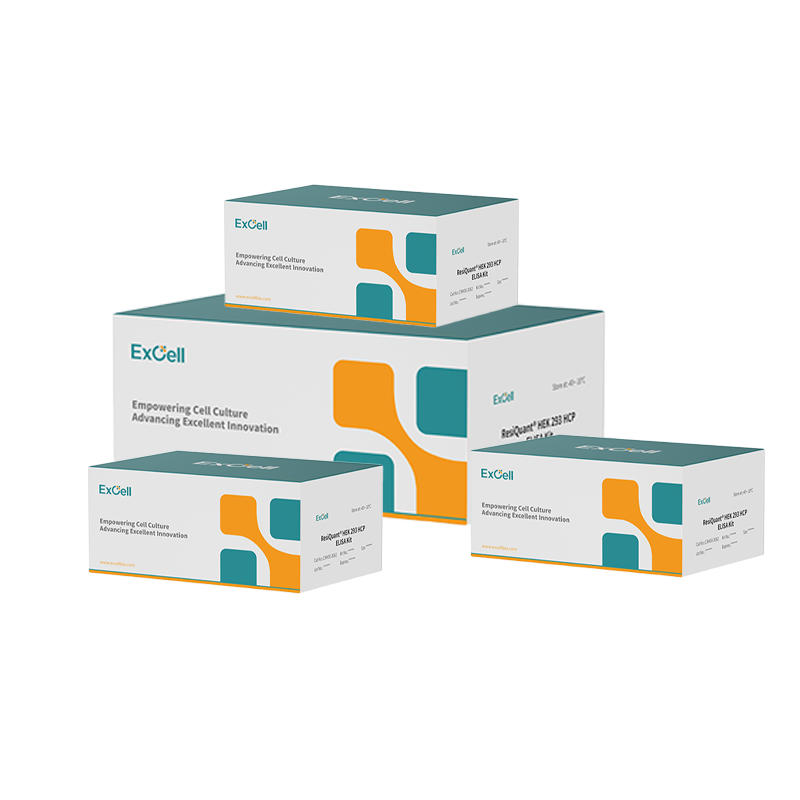Mycoplasma contamination is a common issue in cell culture and tissue culture laboratories. These microorganisms are small, lack a cell wall, and can persist unnoticed in cell cultures, affecting cell growth, metabolism, and experimental results. Regular monitoring is essential to maintain cell line integrity and ensure the accuracy of research or biopharmaceutical production processes.
Methods for Mycoplasma Detection
Effective mycoplasma detection is crucial for both research and manufacturing. Traditional culture-based methods can take several weeks and may not detect all mycoplasma species. Nucleic acid amplification testing, or NAT, provides a faster alternative. NAT-based mycoplasma tests can detect a wide range of species with high sensitivity, reducing the risk of false negative or false positive results. For laboratories following pharmacopeia guidelines such as EP, USP, or JP, NAT methods are often recommended as complementary or alternative approaches to the standard culture methods.
Choosing Reliable Mycoplasma Test Kits
ExCell Bio provides Mycoplasma Quantitation kits designed for accurate and efficient mycoplasma detection. These kits target highly conserved gene fragments of mycoplasma, enabling detection of approximately 202 species, including the eight specified in EP 2.6.7. With a limit of detection as low as 10 CFU/mL, the kits meet the criteria for rapid and reliable testing. Standardized protocols and interference-resistant reagents help laboratories achieve consistent results, supporting both routine monitoring and regulatory compliance.
Benefits of Accurate Mycoplasma Detection
Using a validated mycoplasma test ensures the integrity of cell cultures and the reliability of experimental data or biopharmaceutical products. Early and accurate detection allows laboratories to take corrective actions promptly, reducing contamination risks and maintaining quality standards throughout the production process.
Conclusion
Mycoplasma contamination can compromise cell culture outcomes and product quality if not properly monitored. Implementing reliable mycoplasma detection methods is essential for maintaining cell line health and ensuring regulatory compliance. ExCell Bio‘s Mycoplasma Quantitation kits provide sensitive, interference-resistant tools for effective mycoplasma testing, helping laboratories maintain consistent and accurate monitoring of cell cultures.
